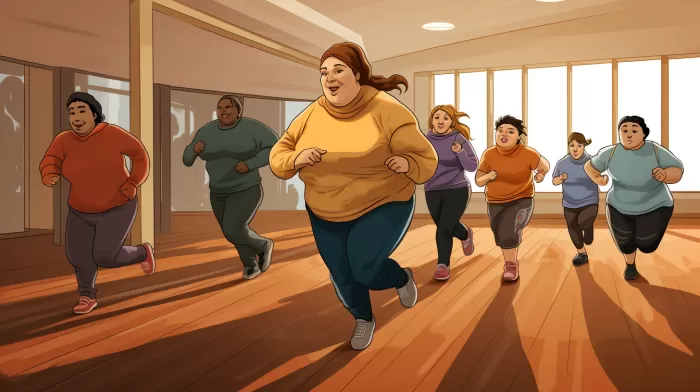The obesity rate in teenagers has tripled in the last 40 years, with approximately 18 percent of adolescents falling into this category. As obesity can lead to multiple health issues, it is crucial to find ways for young people to address the problem. One method that has recently been studied shows that peer support may be the answer. In a study recently published in the journal Childhood Obesity, researchers reveal that teens with excess weight may experience better results with a peer mentor.
The Power of Peer Mentoring
Peer mentorship can be a game-changer in the world of teenage weight loss due to the power of social influence and acceptance. It’s no secret that teens are highly affected by the opinions and actions of their peers. Using this powerful bonding mechanism as a means to encourage healthier lifestyles is a natural, effective method to inspire change.
The study in question took place in six schools where a program called HealthCorps was implemented. HealthCorps assigned recent college graduates to act as mentors to the students. These mentors were trained to provide support and guidance in establishing healthier habits for the teenagers.
As a result, students who participated in HealthCorps showed a 45 percent increase in their physical activity levels compared to the previous year. Furthermore, female participants in the program reduced their soda consumption by 36 percent, outpacing the 26 percent decrease experienced by girls not in the program.
Building Positive Behaviors
This study suggests that having a peer mentor may be an effective part of a solution to combating teenage obesity and related health problems by helping teens shift their behaviors. With the support of a mentor, adolescents are often more likely to engage in activities that are good for their physical and mental wellbeing.
Peer mentors can inspire teens to adopt healthier eating habits, exercise more, and engage in activities that promote positive mental and emotional wellbeing. The key ingredient is the strong connection and understanding that can be forged by sharing experiences and engaging in activities together.
Translating Results to Real Life
Parents, schools, and communities can take the findings of this study into consideration when designing support systems for teenagers struggling with obesity. Establishing peer mentor programs and encouraging healthy habits in everyday life can lead to long-lasting positive changes for these adolescents.
Health-focused programs and after-school activities can provide constructive outlets to instill long-lasting healthy habits. Additionally, focusing on the specific interests and passions of individual teens may be instrumental in appealing to their commitment to these lifestyle changes.
Offering Positive Influence
A great way to expose teenagers to the concept of healthier living is to involve them in social groups, sports, or activities that are known to have a positive effect on self-esteem and physical wellbeing. Yoga, dance, swimming, or even hiking can provide an opportunity for teens to bond with like-minded peers while experiencing the benefits of physical fitness.
By entering environments where they can find support, acceptance, and encouragement, teenagers are more likely to develop behaviors that will lead them to healthier lives and reduce the overall obesity rates.
Looking Ahead
Although this study provides valuable insight into the potential benefits of peer support and mentorship in combatting teenage obesity, there is still more research to be done in this area. Further analysis may reveal other successful strategies for encouraging healthy lifestyles among adolescents.
In the meantime, it is crucial for schools, families, and communities to be aware of the powerful effect that peer mentorship can have on helping teenagers overcome the obstacles of obesity. By exploring and implementing these strategies, we can support teens on their journey to a healthier life.



